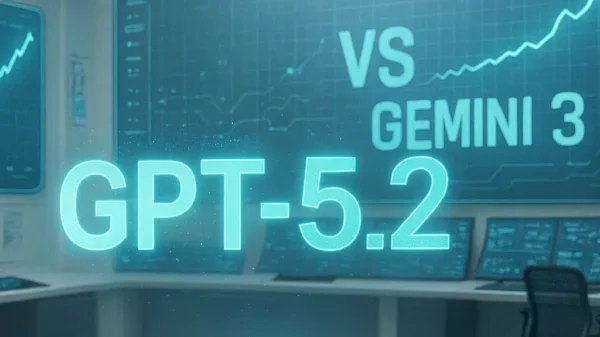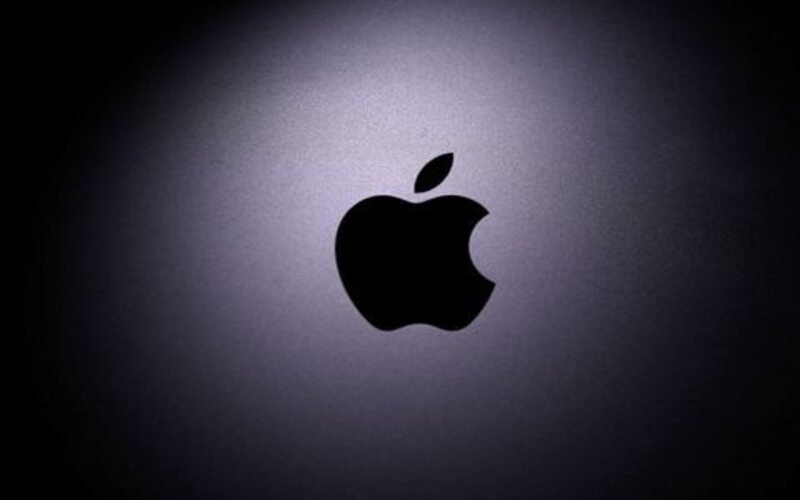In intellectual property, trademarks are pivotal in safeguarding a brand’s identity and distinguishing it from competitors. Recently, Apple Inc. faced a setback in its efforts to trademark “Apple Music.” This article delves into the intricacies of trademark denial and explores the legal complexities surrounding this case. Join us as we unravel the events that led to the rejection of Apple’s trademark application and shed light on the implications for the company.
The Complications of Apple Corps’ Ownership
The denial of Apple’s application to trademark Apple Music stems from the longstanding ownership of the “Apple Corps” trademark by the Beatles since 1968. While Apple acquired the trademark in 2007, it encountered obstacles when expanding its scope to include live music performances. The overlapping use of “Apple” in the music industry created confusion, leading to objections from musicians and trademark owners.
The Battle for Trademark Protection
The legal battle surrounding the Apple Music trademark primarily centered on the clash between Apple and Charlie Bertini, a trumpet player using the Apple Jazz branding. Bertini raised concerns about potential confusion between the two trademarks and contested Apple’s attempt to extend its trademark rights. The US Court of Appeals ruled against Apple’s request to broaden its trademark protection to encompass live performances.
Trademark ‘Tacking’ and Legal Limitations
The denial of Apple’s rehearing request further solidified the limitations imposed on the tech giant’s attempt to expand the Apple Music trademark. The US Court of Appeals maintained that Apple could not utilize the Beatles’ Apple Corps mark to protect a wide range of live events and recordings. This ruling emphasized the principle of “trademark tacking,” which restricts extending a mark to unrelated but related uses.
The Implications for Apple
While the denial of the Apple Music trademark undoubtedly poses challenges for Apple, the company still possesses legal avenues to address unauthorized use of the Apple Music name. Despite the rejection of the trademark application, Apple can rely on laws against “passing off” to combat instances of infringement. These laws protect against misrepresenting goods or services, ensuring that consumers can differentiate between competing offerings.
Protecting Brand Identity Amidst Challenges
Apple’s quest for trademark protection is a testament to the significance of preserving brand identity in a highly competitive market. The company’s commitment to defending its intellectual property rights showcases its dedication to upholding its reputation and avoiding any potential dilution or confusion caused by the unauthorized use of its trademarks.
Navigating a Changing Landscape
As technology evolves, companies must navigate a rapidly changing landscape of intellectual property rights. Apple’s encounter with trademark challenges highlights the need for thorough research, strategic decision-making, and meticulous attention to legal nuances when seeking to expand trademark protections.
Protecting Consumers and Fostering Innovation
Trademark regulations not only safeguard the interests of businesses but also protect consumers from confusion and deception. By upholding the integrity of trademark laws, the legal system ensures fair competition and encourages innovation in the marketplace.
Conclusion: Upholding Intellectual Property Rights
In conclusion, Apple’s denial of the Apple Music trademark signifies the complexity and intricacy surrounding intellectual property protection in the music industry. The clash between Apple and existing trademarks demonstrates the importance of conducting comprehensive trademark searches and understanding the legal landscape before seeking to expand rights. While Apple may have faced a setback, its commitment to addressing unauthorized use and preserving its brand identity remains resolute. The trademark denial serves as a reminder of the ever-evolving nature of intellectual property rights and the significance of navigating legal complexities in pursuing brand protection.

















































